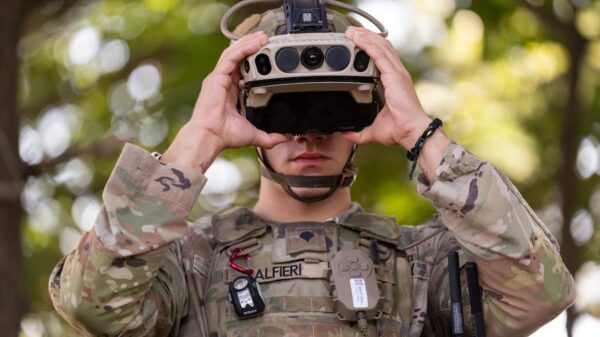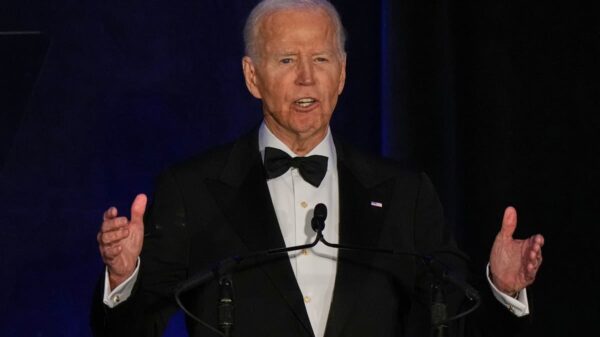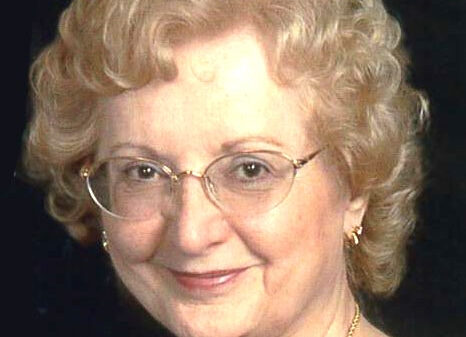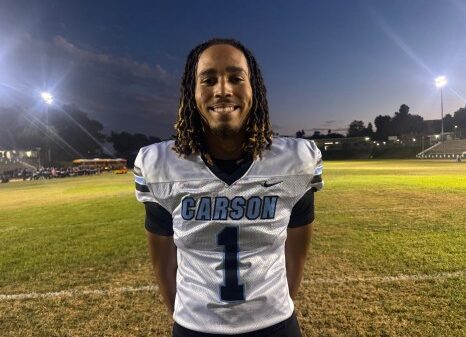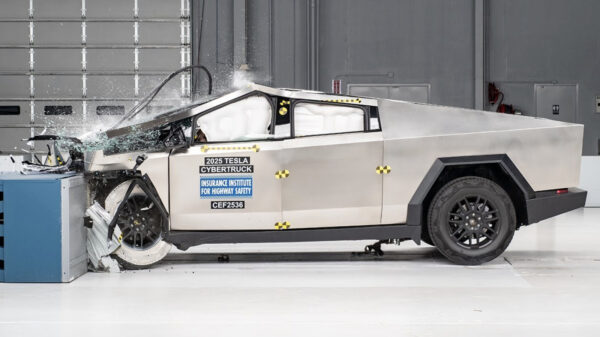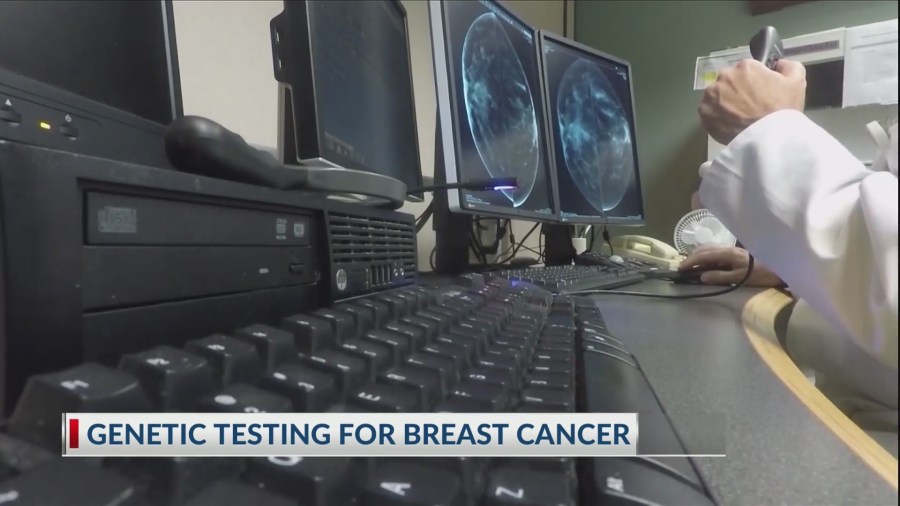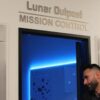When faced with a breast cancer diagnosis, individuals often feel overwhelmed by the emotional and practical challenges that arise. In Savannah, Georgia, genetic testing has emerged as a proactive approach to understanding and mitigating risks associated with this disease. According to Doctor Leonard Henry, medical director of the Lewis Cancer Research Pavilion, there are 13 gene mutations linked to breast cancer, and identifying these can significantly influence treatment decisions.
Many patients seeking genetic testing typically have a personal or family history of cancer. “There’s general criteria that we look at based off family history to determine whether they should meet with a genetic counselor,” Doctor Henry explained. After this consultation, genetic counselors assess individuals’ suitability for testing and their willingness to proceed. Research indicates that between 12% and 15% of cancer patients possess a genetic mutation that increases their risk for various cancers.
Understanding these risks is crucial, as these mutations can predispose individuals to more than just breast cancer. “They need to be screened for cancers more than just the ones that people generally associate with the mutation,” Henry noted. Many who test positive for these mutations opt for proactive measures, including prophylactic surgery, which is reported to be 90-95% effective in cancer prevention. Other strategies may include enhanced screenings, medications, and lifestyle adjustments.
Elyse Molstad, a Savannah resident, opted for prophylactic surgery and chose to have both breasts removed before cancer could develop. Reflecting on her journey, she stated, “You get to play offense, while the people in your family had to play defense.” This decision was deeply influenced by her family history; both her grandmother and mother succumbed to the disease, motivating her to take action.
At the age of 13, Molstad experienced the loss of her grandmother to breast cancer. Years later, following the passing of her mother, she recognized the need for genetic testing. While her sister tested negative for the BRCA1 mutation, Elyse’s results were positive, significantly elevating her risk for breast and ovarian cancers, among others. “For BRCA1 mutations, the risk is breast cancer, but also ovarian cancer,” Doctor Henry explained. Ovarian cancer is notably challenging to detect, leading many BRCA carriers to opt for ovary removal after childbearing.
“My goal was to stop the fear, be brave, and be a trailblazer for my sisters,” Molstad expressed. Her proactive stance serves as a source of inspiration for her family, particularly for her sister who has yet to undergo genetic testing. In addition to her surgical journey, Elyse has volunteered with numerous breast cancer awareness organizations and has taken to the stage as a stand-up comedian to fundraise for local breast cancer research.
Doctor Henry emphasizes the significance of breast self-awareness, encouraging women to understand their body’s changes. “Women should be familiar with how their breasts are shaped and how they feel, so they are able to identify any changes that can happen,” he urged.
For those interested in supporting breast cancer awareness efforts, programs like the Buddy Check 3 Program provide valuable resources and community engagement opportunities. By embracing genetic testing and self-advocacy, individuals like Elyse Molstad are not only shaping their own health journeys but also paving the way for future generations in the fight against breast cancer.









